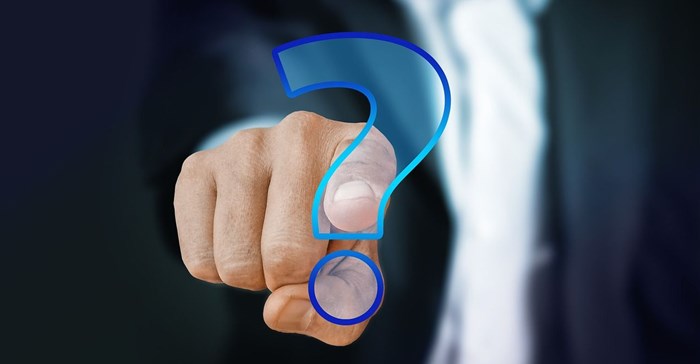South Africans' personal income tax could be hiked by a third, VAT from 15% to 21% and they could see a payroll
tax added that is 10 times higher than their current UIF contribution.

Source: Supplied.
This is according to a joint statement by Business Unity SA (Busa) and Business for SA (B4SA) which highlights that the government will need to raise an extra R200bn in tax revenue to finance the National Health Insurance (NHI). It based its findings on a tax-impact analysis conducted by FTI Consulting.
This comes at a time when South African consumers are already under extreme financial pressure. It's a move, Treasury has warned, that could both raise the cost of employment for employers, and lower take-home pay for workers.
"This is obviously unworkable as any increases are bound to impact SA taxpayers materially,” Busa and B4SA said.
Similar to UIF contributions, both employers and employees are set to contribute to the payroll tax. This payroll tax will be uniformly applicable to all formal sector employees, encompassing even the seven million individuals who fall below the personal income tax threshold.
DA member of provincial legislature (MPL), Gerrit Pretorius, expressed significant reservations regarding the NHI and its impact on healthcare accessibility in South Africa.
"While Universal Health Coverage is a noble goal, [... ] in its present form, the NHI Bill would force millions of South Africans to pay thousands more in additional taxes every month in exchange for a poorly conceived, dangerously flawed attempt at single-payer healthcare," he said.
Financial framework: The Money Bill
The National Health Insurance Bill (the Bill) was adopted by the Parliamentary Portfolio Committee on Health and approved by National Assembly on 14 June 2023. It is now under consideration by the National Council of Provinces.
In due course, The Minister of Finance will table the Money Bill, which will sit alongside the NHI Bill. The Money Bill will outline the government's plans for collecting revenue (taxes and other income) and allocating funds for the NHI. This may involve changes in taxation, and the allocation of funds from various government departments to ensure that there is enough money to support it.
The NHI Bill aims to create a single fund which would provide essential healthcare services to all citizens, regardless of their income or employment status.
Many NGOs, medical schemes, and other institutions have strongly voiced their opposition to the proposed single-payer model, wherein the government would be responsible for purchasing all essential healthcare products, medicines and services.
Key features: Portable medical records
The UHC proposed in South Africa involves a mix of public and private providers, as long as the services are accessible and affordable to all. Under the NHI Bill, medical schemes will only be allowed to cover healthcare that is not offered by the government.
The bill envisages healthcare will be free at the point of service barring the cost of goods and services pertaining to cosmetic surgery, "unnecessary dentistry, and some costly medicines", a fact sheet, released by the Department of Health said.
Deputy director general for National Health Insurance, Nicholas Crisp said each user and the other 65.6 million people in the country will get one ID which will incorporate fingerprint authentication to be used on the country's national health information exchange where users will be able access their own medical record.
"That record will be portable," he said, "so that when an individual moves from the private sector to the public sector, from the GP to the hospital, back to the GP, and from there to the physiotherapist, it will all reflect on one record as will their patient history.
"As defined by the World Health Organization (WHO), universal health coverage is a global programme. We report to the WHO. All countries report to the WHO on the indicators of universal health coverage."
The DA's Pretorius added that given the potential effect of NHI on the lives of South Africans, they would take their parliamentary duty to interrogate the Bill extremely seriously.
"The next few months will see public hearings on the matter held across the Western Cape, and our residents are urged to make their voices heard," he said.


































